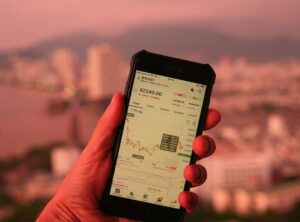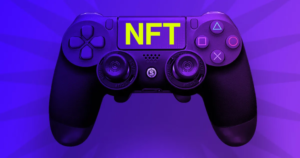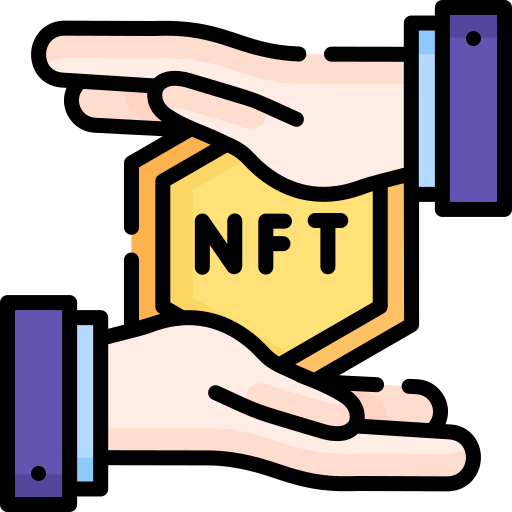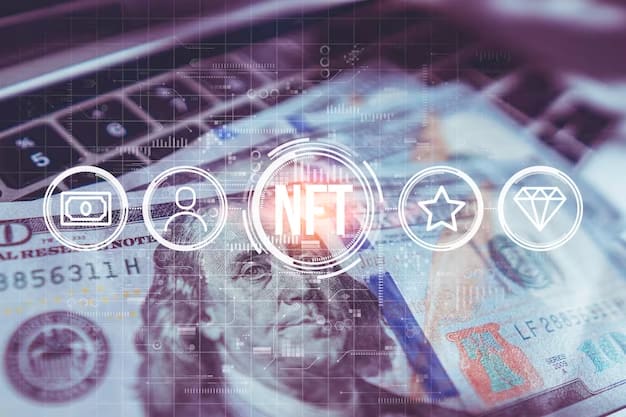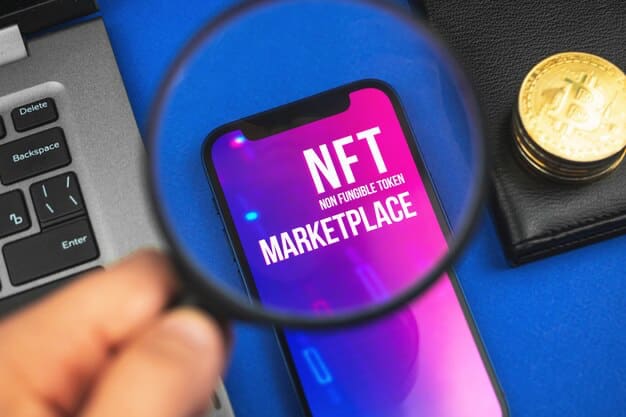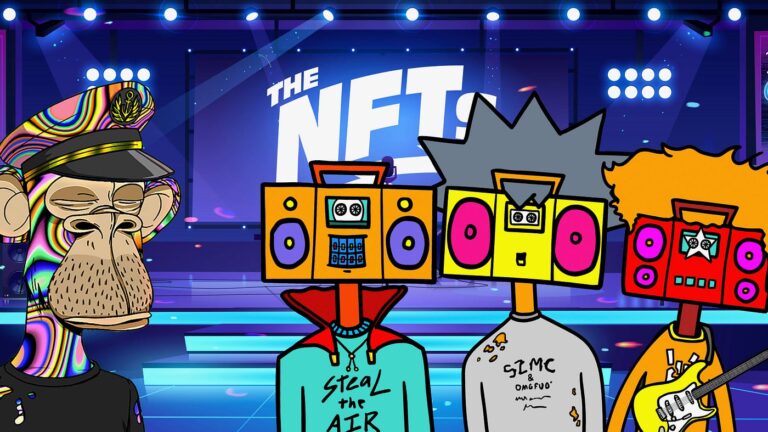In the world of Non-Fungible Tokens (NFTs), open-source marketplaces play a crucial role, offering accessible source codes for crafting digital asset trading platforms. These platforms enable newcomers and enthusiasts to engage in the world of NFTs without the hassle of developing their commercial applications from scratch. Here’s a comprehensive overview of the top open-source NFT marketplaces available, catering to varying needs and preferences.
Where to Find NFT Marketplace Source Code?
Developers and investors seeking NFT marketplace source codes can navigate GitHub, specifically exploring the “nft-marketplace” topic. GitHub hosts numerous repositories, offering diverse codes ranging from smart contract creation to entire platform builds. This platform, with its extensive array of repositories, aids in selecting optimal source codes for NFT marketplace development.
Top Open Source NFT Marketplaces with GitHub Links:
OpenSea
A dominant open-source NFT marketplace, OpenSea boasts over 500 decentralized applications, facilitating direct NFT asset trading, buying, and selling. It supports third-party providers like ERCDEX, ForkDelta, and EtherDelta, offering a range of functionalities backed by various tech tools.
Rexplorer
Developed by Elementeum, Rexplorer is a user-friendly marketplace compatible with ERC-721 standards. It serves as both a marketplace and a wallet, supporting prominent Ethereum mainnets and testnets.
Rarebits
Acquired by Dropbox, Rarebits stands out for offering rare and unique assets through collaborations with creators. It supports mobile apps and websites, providing APIs for mobile app integration.
CryptoHobbyist
Supported by Steem Blockchain, CryptoHobbyist focuses on personal crypto collections and digitized pets. It allows trading various assets, including interactive elements like virtual farms and mining contracts.
OpenGoods
Ideal for showcasing both physical and digital assets, OpenGoods supports trading in fiat currencies and cryptocurrencies. Despite being in the alpha stage, it offers wallet compatibility for asset management.
Open Collectors Network
This platform facilitates real-time token transactions, supporting free-to-trade ERC-721 tokens. It integrates with Decentraland, enhancing VR collector experiences.
Rare Pepe Wallet
Offering storage, trading, and auction features, Rare Pepe Wallet hosts exclusive NFT assets visible to investors. It acts as a direct wallet for users’ token balances.
My Crypto Heroes
A platform for Ethereum-based games, My Crypto Heroes offers free transactions, enabling continuous trading of characters without downtime.
Mintable
Built on Ethereum blockchain, Mintable allows creation, purchase, and trading of digital assets, providing users with complete control over their NFTs.
The Future of Open Source NFT Marketplace
The burgeoning realm of open-source NFT marketplaces holds immense promise and potential. These platforms are expected to witness significant evolution and adoption in the coming years. The growth trajectory of these marketplaces is projected to be influenced by several pivotal factors.
Diverse NFT Offerings
One of the key driving forces behind the future of open-source NFT marketplaces lies in the diversification of offerings. As these platforms continue to mature, they are likely to witness an influx of various NFT asset types.
Beyond art and collectibles, expect to see an expansion into domains such as virtual real estate, metaverse assets, gaming items, intellectual property rights, and more. This diversification will attract a broader audience and cater to diverse interests, fueling market expansion.
Improved Interoperability
Interoperability is poised to play a significant role in shaping the future landscape of NFT marketplaces. Efforts towards standardization and cross-chain compatibility are gaining momentum.
Open-source platforms are expected to evolve to facilitate seamless interaction and exchange of NFTs across different blockchain networks. This development will not only enhance accessibility but also contribute to the liquidity and utility of NFTs.
Community-driven Innovation
The collaborative nature of open-source ecosystems fosters a culture of innovation. Future developments in these marketplaces are likely to be driven by community involvement. Expect increased participation from developers, creators, collectors, and enthusiasts in enhancing platform functionalities, introducing novel features, and refining user experiences.
Community-driven initiatives will contribute to the continuous evolution and refinement of these marketplaces.
Navigate the evolution of digital wardrobes: The NFT Clothing Revolution.
Sustainability and Environmental Considerations
As the NFT space matures, there will likely be a heightened focus on sustainability and environmental impact. Initiatives aimed at reducing the carbon footprint associated with blockchain transactions, especially in proof-of-work networks, are gaining attention.
Open-source marketplaces may incorporate eco-friendly solutions and explore more energy-efficient blockchain technologies to address these concerns, aligning with global sustainability goals.
Exploring Synodus: Your Gateway to Blockchain Insights
Synodus is committed to providing comprehensive insights into the blockchain landscape. Our dedicated team of developers and blockchain enthusiasts continually explores emerging trends, technological advancements, and innovative applications within the industry. Stay tuned to Synodus for the latest updates, in-depth analyses, and opportunities to engage with the ever-evolving world of blockchain technology.
Conclusion
The future of open-source NFT marketplaces is a dynamic landscape brimming with innovation and potential. These platforms are poised to transcend traditional boundaries, catering to a wide array of digital asset interests and user preferences. Synodus remains your gateway to the latest developments and insights in the blockchain domain.
